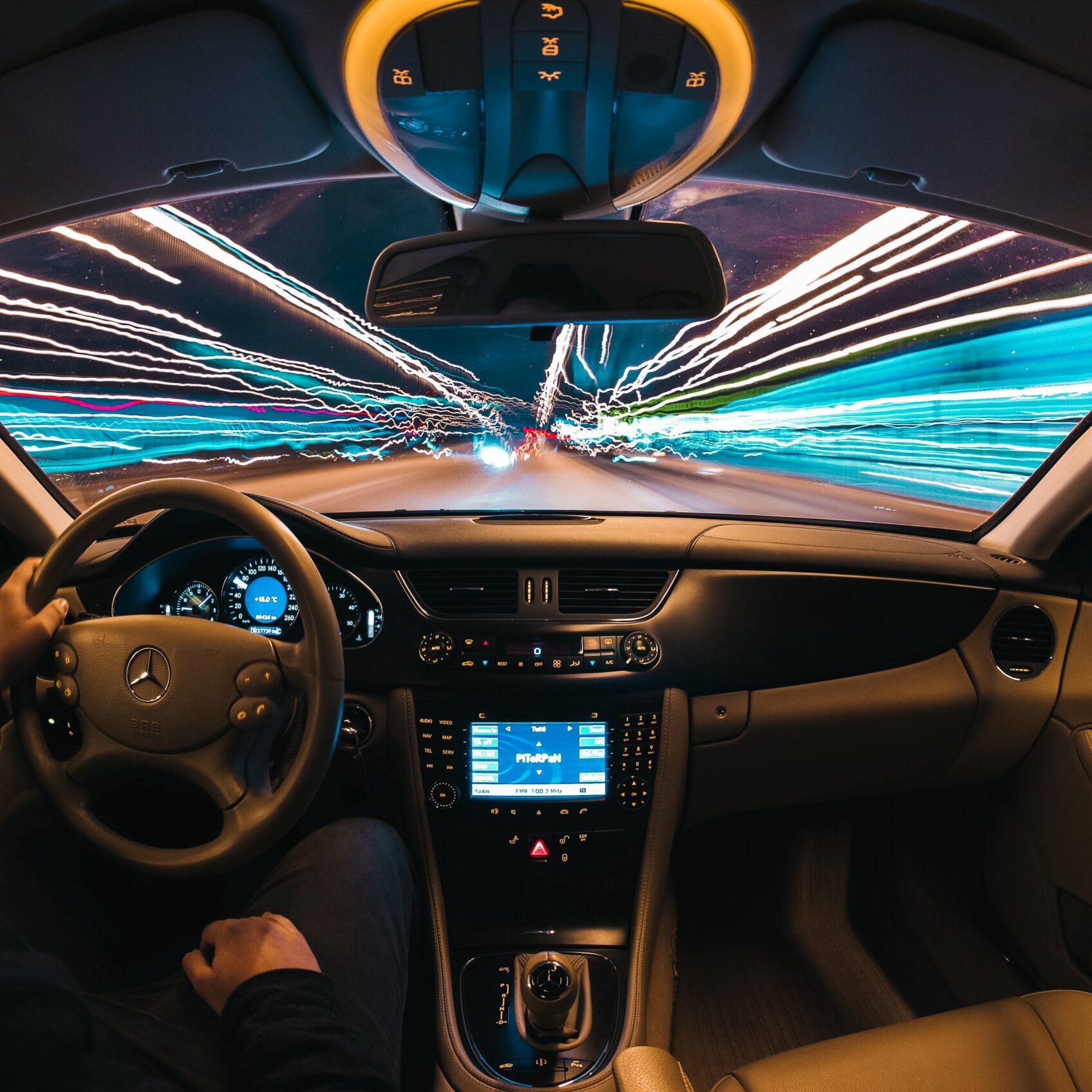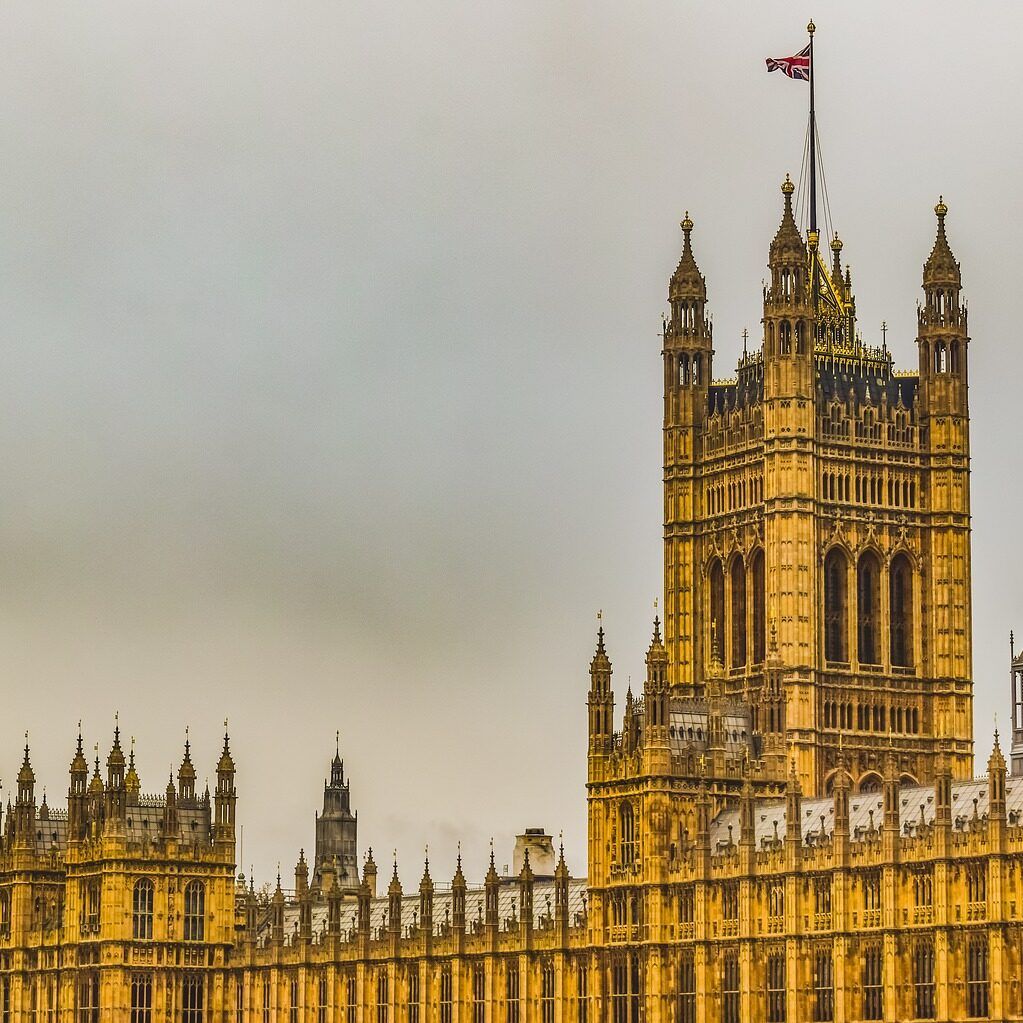
IMPAIRMENT
Should I drive after consuming medical cannabis?
No one should drive while under the influence of any substance that can cause them to be impaired, this doesn’t mean that being above the legal limit of THC causes impairment as this is different among individuals. This will be a judgment that you must make with clear understanding of yourself and the side effects you have after consuming medical cannabis. If you are stopped by the Police you will be tested and you will most likely be over the limit (2 micrograms per litre) even if you haven’t consumed prior to driving as it stays in your system for a few days, it is the Police’s job to provide evidence that you where impaired while driving. (See Section 5A(5) RTA 1988).
THE DRUGS LEGISLATION TEAM
Home Office Guidance
CBPMs containing Tetrahydrocannabinol (THC) can impair cognitive function and can affect a patient’s ability to drive safely. Cannabis-based medicines containing THC are in the list of drugs included in regulations under 5a of the Road Traffic Act 1988.
When prescribing this medicine, patients should be told:
• The medicine is likely to affect your ability to drive
• Do not drive until you know how the medicine affects you
• It is an offence to drive while under the influence of this medicine if your driving is impaired.
However, you would not be committing an offence (called ‘statutory defence‘) if:
• The medicine has been prescribed to treat a medical condition and
• You have taken it according to the instructions given by the prescriber and in the
information provided with the medicine and
• It was not affecting your ability to drive safely.

DRUG DRIVING
Impact of the new drug driving offence on patients
The types of drugs that can produce, on testing, specified controlled drugs above specified levels, fall broadly into 2 groups.
The first group consists of commonly abused drugs for which low limits have been set. This group includes certain medicines that will be taken by only a small proportion of drivers. Given the low limits set, a patient prescribed one of these medicines who chooses to drive could test above the specified limit but would still be entitled to raise the statutory “medical defence”. This ‘zero tolerance’ group currently includes:
- Cannabis (THC)[footnote 3]
- Cocaine (and a cocaine metabolite, BZE)
- MDMA (Ecstasy)
- Lysergic Acid Diethylamide (LSD)
- Ketamine
- Heroin/diamorphine metabolite (6-MAM)
- Methylamphetamine
